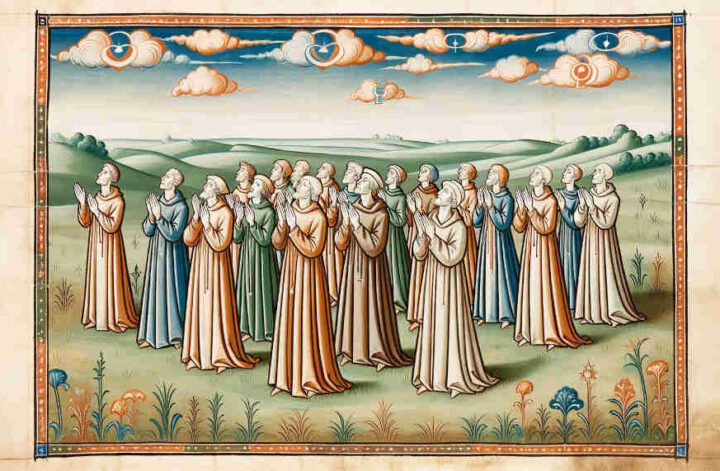Email from a reader: “Dear Rabbi Joshua, I’ve been studying the Seven Noahide Laws and noticed that homosexuality is not explicitly mentioned among these laws. Could you explain why this is the case? Thank you for your insight. Best, Aaron Miller”
Dear Aaron,
Your question raises an interesting point about the scope and focus of the Seven Noahide Laws in Jewish tradition. Let’s delve into why certain specifics, such as homosexuality, are not explicitly mentioned in these laws.
The Seven Noahide Laws:
The Seven Noahide Laws, as outlined in Jewish tradition, are a set of universal moral principles intended to provide a basic ethical framework for all humanity. These laws include prohibitions against idolatry, blasphemy, murder, theft, sexual immorality, eating the flesh of a living animal, and the command to establish courts of justice.
Focus on Universal Principles:
These laws are broadly defined to encompass key aspects of ethical and moral behavior. Their focus is on universal principles rather than detailed regulations of personal conduct. The law against sexual immorality, for instance, is understood to include a range of illicit sexual relationships, but the emphasis is on the broader principle of maintaining family integrity and ethical sexual conduct.
Historical and Cultural Context:
The formulation of the Noahide Laws occurred within a specific historical and cultural context. The rabbis who discussed and codified these laws in the Talmud were addressing the moral needs and concerns of their time. The decision not to explicitly mention homosexuality or other specific sexual acts might be seen as a reflection of their focus on broader ethical principles that were universally applicable.
Interpretation and Application:
Over the centuries, the interpretation and application of these laws have evolved. Jewish scholars have debated and discussed various aspects of the Noahide Laws, including their implications for sexual ethics. While traditional Jewish law has its perspectives on homosexuality, these views are separate from the basic structure of the Noahide Laws.
In summary, Aaron, the Seven Noahide Laws are designed to be overarching moral guidelines rather than exhaustive legal codes. The absence of specific mention of homosexuality can be understood within this context of focusing on universal ethical principles.
Warm regards,
Rabbi Joshua


